National Dengue Day: 5 things to know about the viral disease
The monsoon season is around the corner and with that comes the rise in the cases of dengue. Every year, May 16 is celebrated as National Dengue Day. Here are some important things to know about the disease including symptoms, treatment and cause for concern
Updated on : 16 May,2023 10:32 AM IST | Compiled by : Nascimento Pinto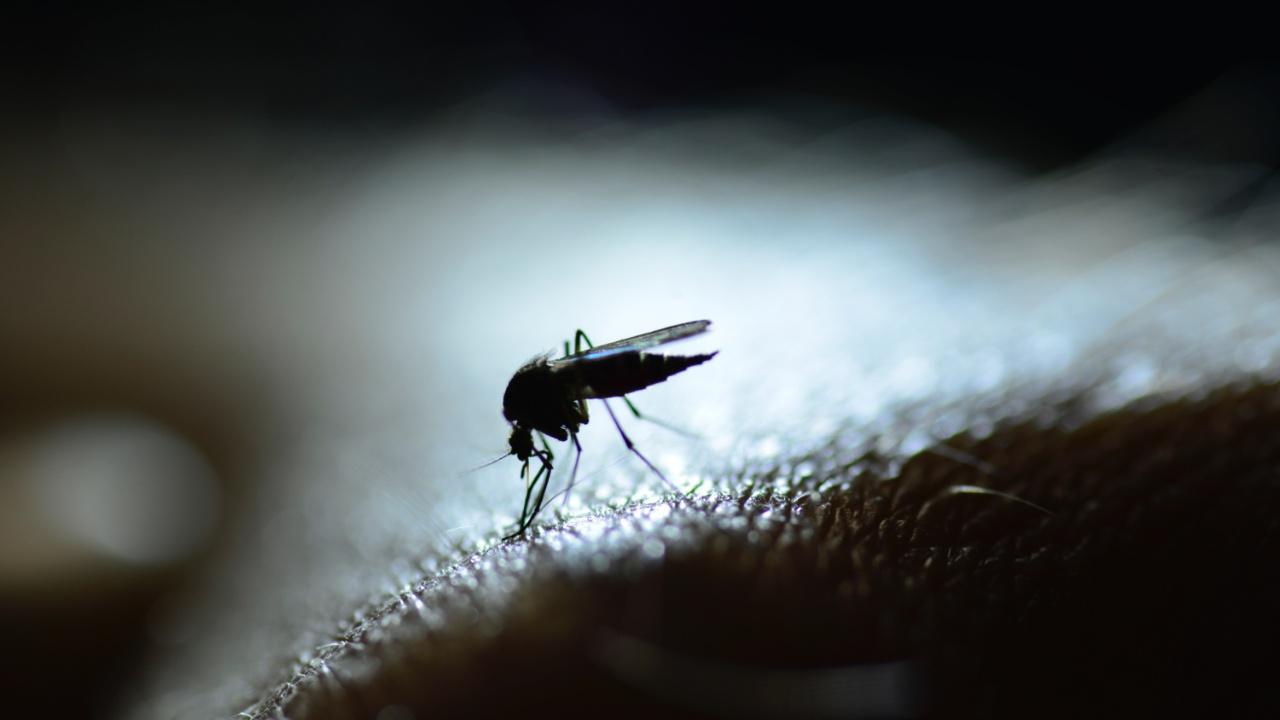
Every year, National Dengue Day is celebrated on May 16. Image for representational purpose only. Photo Courtesy: Istock

Symptoms of dengue
Some of the most common symptoms of dengue are high-grade fever, severe body aches and sometimes rash as well. However, people also need to be aware of intense abdominal pain, nausea, vomiting, breathlessness, headaches and skin itching. They start to appear three-four days after the infection. Image for representational purpose only. Photo Courtesy: Istock
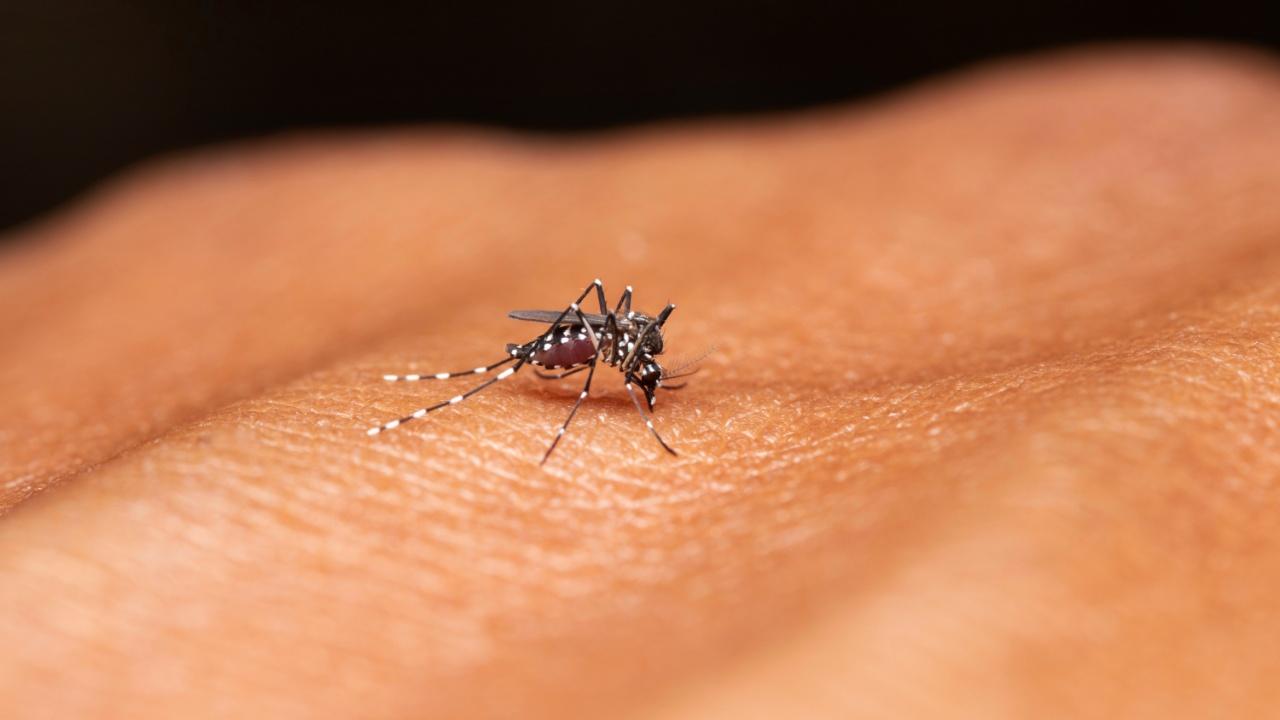
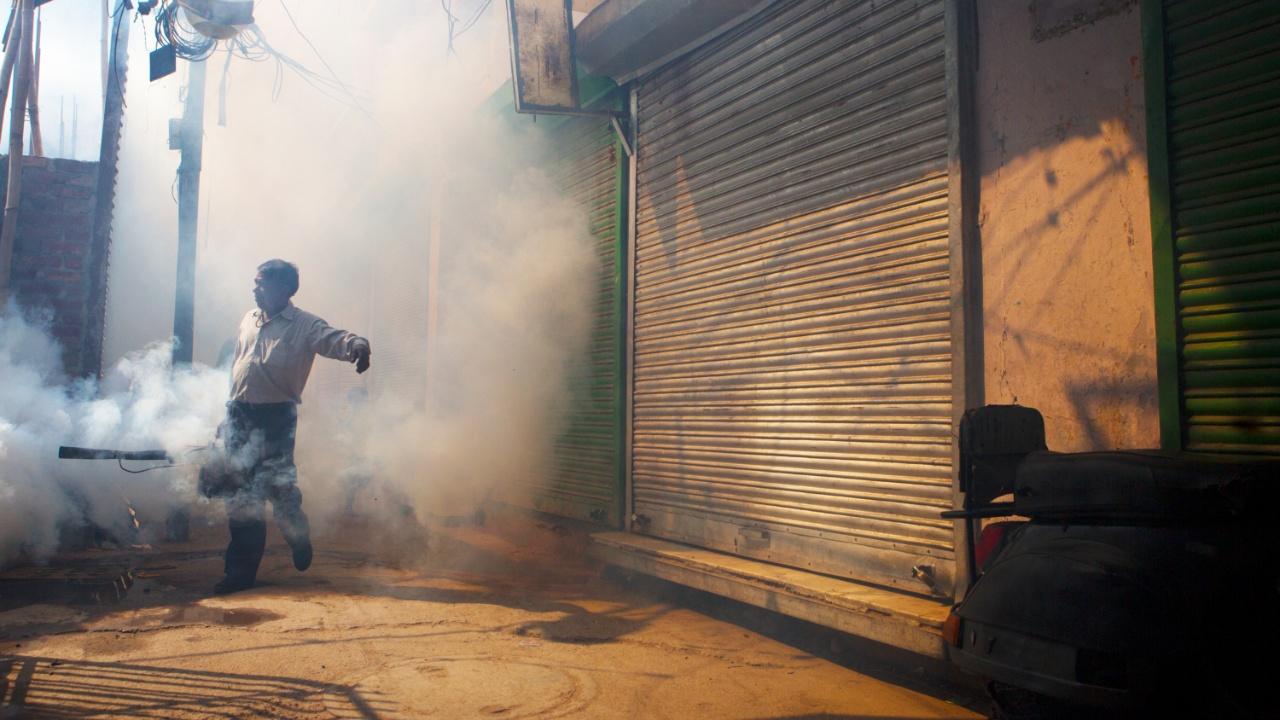
Prevention of dengue
The best way to prevent dengue is by preventing mosquito bites. The other ways include avoiding going out of home after evening, using full sleeves garments, applying mosquito repellents and using mosquito nets while sleeping. Eliminating the open sources of water that allow mosquitos to breed is another way that could help, along with timely intervention by local authorities. Image for representational purpose only. Photo Courtesy: Istock
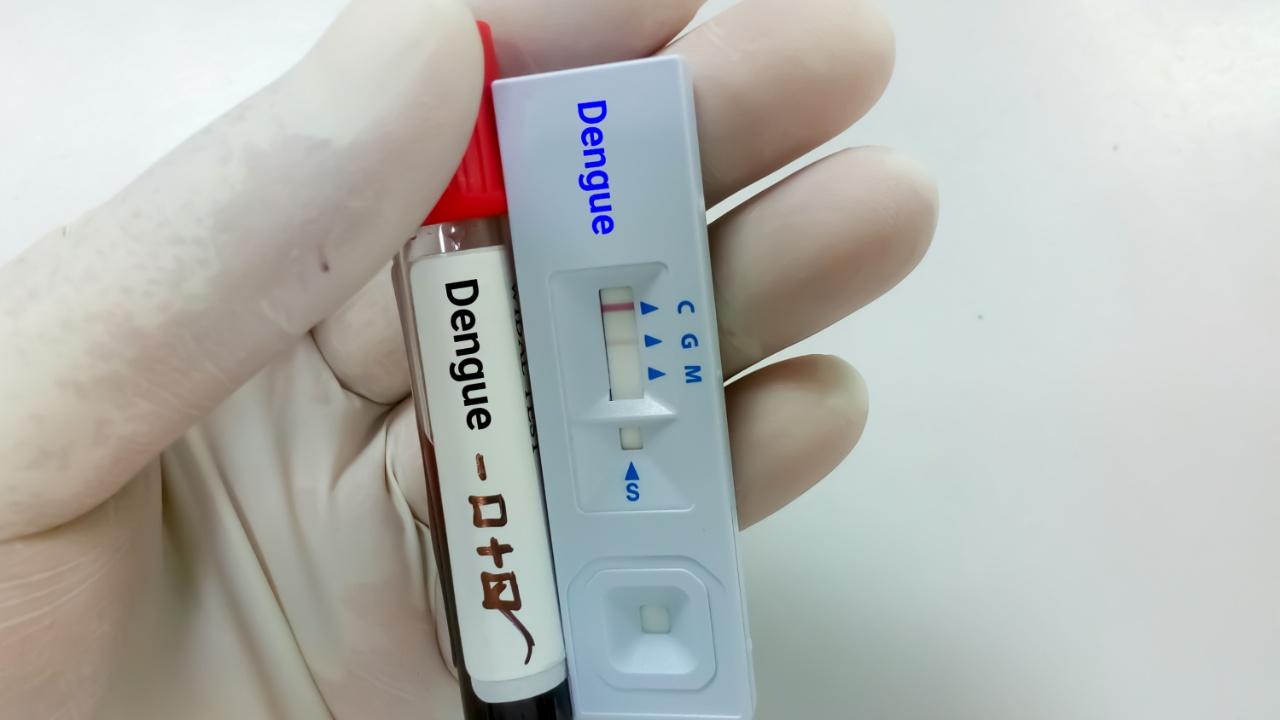
Risk due to Covid
While there is no direct link or risk between the two viral fevers, experts say that the symptoms are similar and may often cause confusion. Covid shows symptoms such as nasal stuffiness with runny nose and loss of taste, which is generally not seen in dengue. It is best to go to get checked by the doctor in case of any doubt. Image for representational purpose only. Photo Courtesy: Istock
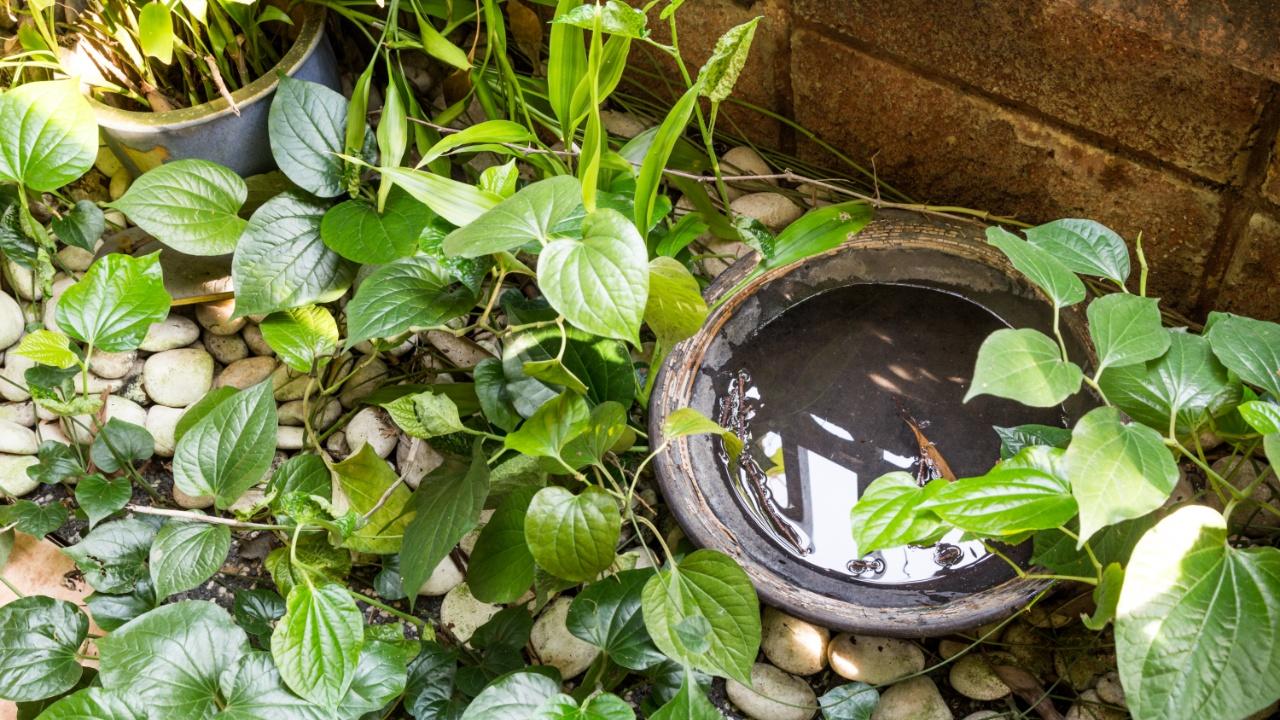
Cause of concern
It is important to take dengue seriously because it can really cause a lot of blood thickening, which can cause a lot of problems. It can lead to Dengue shock syndrome or Dengue hemorrhagic syndrome as well. Drinking water is the best way to treat dengue, as it is advised by doctors. Children below five years, elderly people and pregnant women should be careful. Image for representational purpose only. Photo Courtesy: Istock





